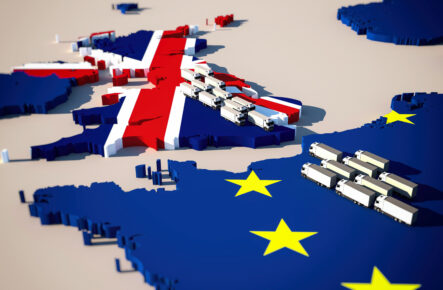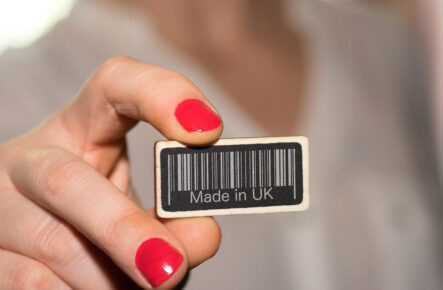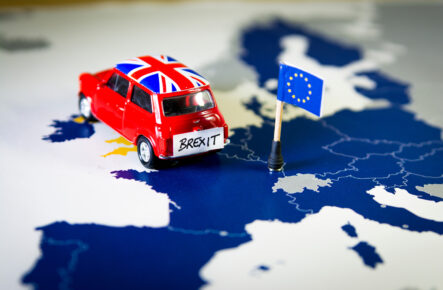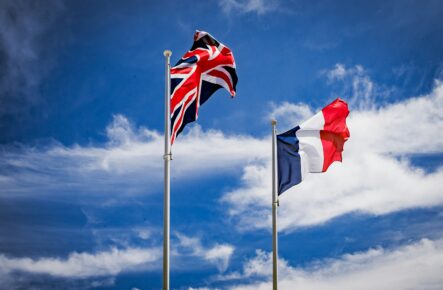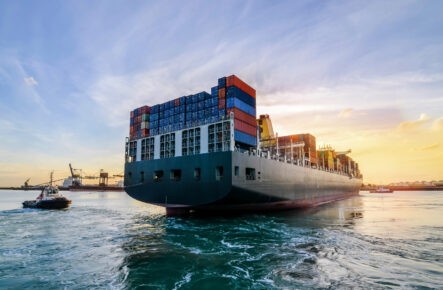Brexit disruptions await the fashion industry: how to adapt?
4 ways to ensure continued trade with the EU
The UK exported almost £6 billion worth of clothes and accessories to the EU in 2019.
What can companies do to adapt and keep their EU clients?
There are several solutions that companies in the UK fashion industry can adapt to overcome these hurdles:
- You can set up a company in the EU, for example in the closest neighbouring region to the UK – the Hauts-de-France. From where you can easily access the European and global market thanks to its logistical hub.
- You can recruit skilled talents locally in the EU, to avoid work permit obstacles.
- You can start using components and materials from the EU in your production processes. Components coming from the EU, then transformed in the UK before being re-exported to the EU do not face any tariffs related to rules of origin.
- You can adapt your supply chain using new transport, distribution, and logistics services, from the internationally recognised companies in Hauts-de-France, to keep your clients satisfied.
Personalised support for setting up in the EU.
In this post-Brexit world, finding the right site can be a real challenge, some companies contact a multitude of stakeholders in their search. They quickly find themselves drowning in a quantity of information that is rarely structured, sometimes irrelevant and often redundant. Investment promotion agencies are good centralisers. They use their local network to gather reliable data that strictly meet your information needs.
Nord France Invest, the economic development agency for the Hauts-de-France region, provides a personalised analysis of the obstacles encountered by British companies and the solutions that the Hauts-de-France region can offer them.
Nord France Invest’s support includes a range of 100% confidential services at no cost, coordinated by a dedicated expert we assign to you and your project. The cost of our services is covered by our financial backers—the Hauts-de-France Regional Council and the Hauts-de-France Chamber of Commerce and Industry.
Our methodology is based on 4 steps:
- Get answers to questions on your implementation project
- Find solutions for your project and/or move
- Finalise your plans to set up in Hauts-de-France
- Count on us for continued support
Sources: Fashion Roundable, British Fashion Council, Financial Times

